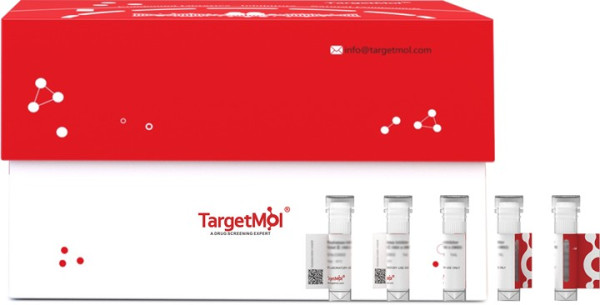Cookie preferences
This website uses cookies, which are necessary for the technical operation of the website and are always set. Other cookies, which increase the comfort when using this website, are used for direct advertising or to facilitate interaction with other websites and social networks, are only set with your consent.
Configuration
Technically required
These cookies are necessary for the basic functions of the shop.
"Allow all cookies" cookie
"Decline all cookies" cookie
CSRF token
Cookie preferences
Currency change
Customer-specific caching
FACT-Finder tracking
Individual prices
Selected shop
Session
Comfort functions
These cookies are used to make the shopping experience even more appealing, for example for the recognition of the visitor.
Note
Show the facebook fanpage in the right blod sidebar
Statistics & Tracking
Affiliate program
Conversion and usertracking via Google Tag Manager
Track device being used

| Item number | Size | Datasheet | Manual | SDS | Delivery time | Quantity | Price |
|---|---|---|---|---|---|---|---|
| TGM-TMPY-04813-20ug | 20 µg | - |
7 - 10 business days* |
271.00€
|
|||
| TGM-TMPY-04813-100ug | 100 µg | - |
7 - 10 business days* |
686.00€
|
If you have any questions, please use our Contact Form.
You can also order by e-mail: info@biomol.com
Larger quantity required? Request bulk
You can also order by e-mail: info@biomol.com
Larger quantity required? Request bulk
Description: Acyl-coenzyme A: cholesterol acyltransferase (ACAT) is an intracellular enzyme that... more
Product information "ACAT2 Protein, Rat, Recombinant (His)"
Description: Acyl-coenzyme A: cholesterol acyltransferase (ACAT) is an intracellular enzyme that produces cholesteryl esters in various tissues. In mammals, two ACAT genes (ACAT1 and ACAT2) have been identified. Together, these two enzymes are involved in storing cholesteryl esters as lipid droplets, in macrophage foam-cell formation, in absorbing dietary cholesterol, and in supplying cholesteryl esters as part of the core lipid for lipoprotein synthesis and assembly. The key difference in tissue distribution of ACAT1 and ACAT2 between humans, mice and monkeys is that, in adult human liver (including hepatocytes and bile duct cells), the major enzyme is ACAT1, rather than ACAT2. There is compelling evidence implicating a role for ACAT1 in macrophage foam-cell formation, and for ACAT2 in intestinal cholesterol absorption.Ubiquitin linkage to cysteine is an unconventional modification targeting protein for degradation. However, the physiological regulation of cysteine ubiquitylation is still mysterious. Here we found that ACAT2, a cellular enzyme converting cholesterol and fatty acid to cholesteryl esters, was ubiquitylated on Cys277 for degradation when the lipid level was low. gp78-Insigs catalysed Lys48-linked polyubiquitylation on this Cys277. A high concentration of cholesterol and fatty acid, however, induced cellular reactive oxygen species (ROS) that oxidized Cys277, resulting in ACAT2 stabilization and subsequently elevated cholesteryl esters. Furthermore, ACAT2 knockout mice were more susceptible to high-fat diet-associated insulin resistance. By contrast, expression of a constitutively stable form of ACAT2 (C277A) resulted in higher insulin sensitivity. ACAT2 is an appealing target for therapy to reduce coronary heart disease.
| Keywords: | acetyl-CoA acetyltransferase 2 |
| Supplier: | TargetMol |
| Supplier-Nr: | TMPY-04813 |
Properties
| Conjugate: | No |
| MW: | 43.3 kD |
Database Information
| KEGG ID : | K00626 | Matching products |
| UniProt ID : | A6KP31 | Matching products |
| Gene ID : | GeneID 308100 | Matching products |
Handling & Safety
| Storage: | +4°C |
| Shipping: | +4°C (International: +4°C) |
Caution
Our products are for laboratory research use only: Not for administration to humans!
Our products are for laboratory research use only: Not for administration to humans!
You will get a certificate here
Viewed

